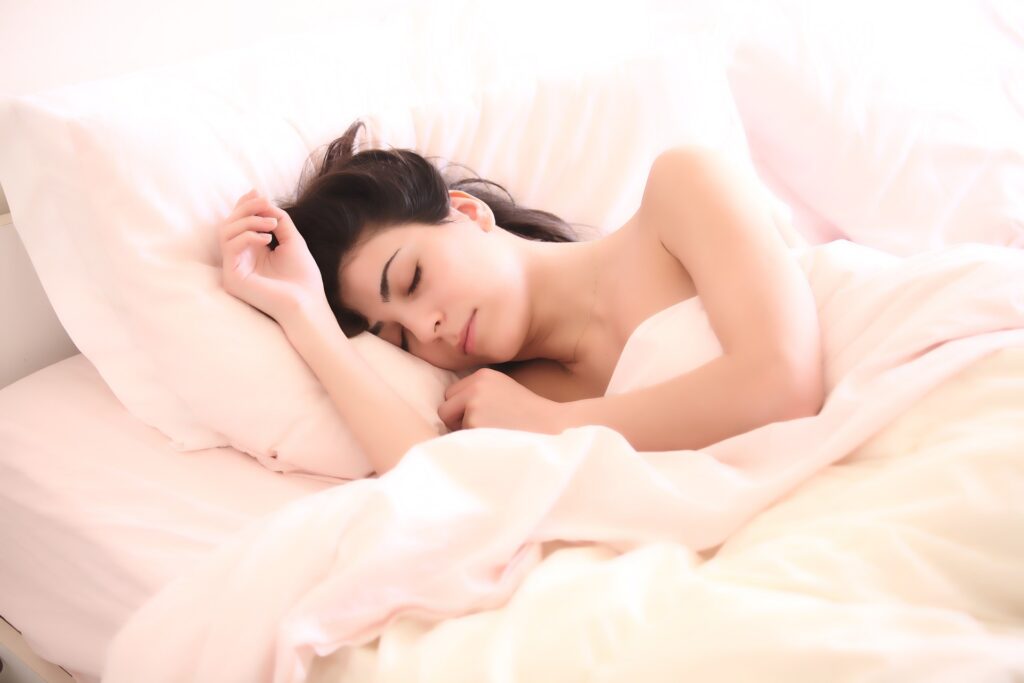We’ve heard it all before: healthy diet and regular exercise are keys to our well-being. Although no one can argue with that, few people realize the importance of sleep in this equation.

Sleep deprivation can negatively impact productivity, body weight, blood pressure, and immune system’s response in general population, leading to an increased risk of injuries, depression, and anxiety disorders in certain cases. In addition, according to the Centers for Disease Control and Prevention, attention and behavior of children and adolescents can also be affected.
A consistent sleeping regime can do wonders for our mental, physical, and emotional health. This is why it is essential that we put careful thought into the organization of our sleeping environment. In general, the advice for adults boils down to reducing screen time two hours before we switch off for 7-9 hours. As emphasized by the National Institutes of Health, we must remember that getting by on little sleep with no negative effects is merely a myth. In reality, sleeping disorders (such as chronic insomnia, obstructive sleep apnea, movement syndromes, and narcolepsy) tend to cause issues with learning, focusing, and reacting. Therefore, considering where and how you sleep requires advanced planning.
To avoid disrupting the circadian rhythm and to preserve the regular pattern of sleep cycles (including REM or rapid eye movement sleep), your bedroom should be equipped with blackout curtains and dim light sources at the warm or soft end of the color temperature spectrum (up to 3000K). Limiting alcohol intake and such stimulants as nicotine and caffeine before bedtime is also strongly recommended.
All of this is straightforward enough, unlike the choice of beds, mattresses, and pillows. Which is why this resource has been created. From now on, we will try to help guide you in purchasing the right product – the one that will ensure that you wake up well-rested and ready to take on another day.



